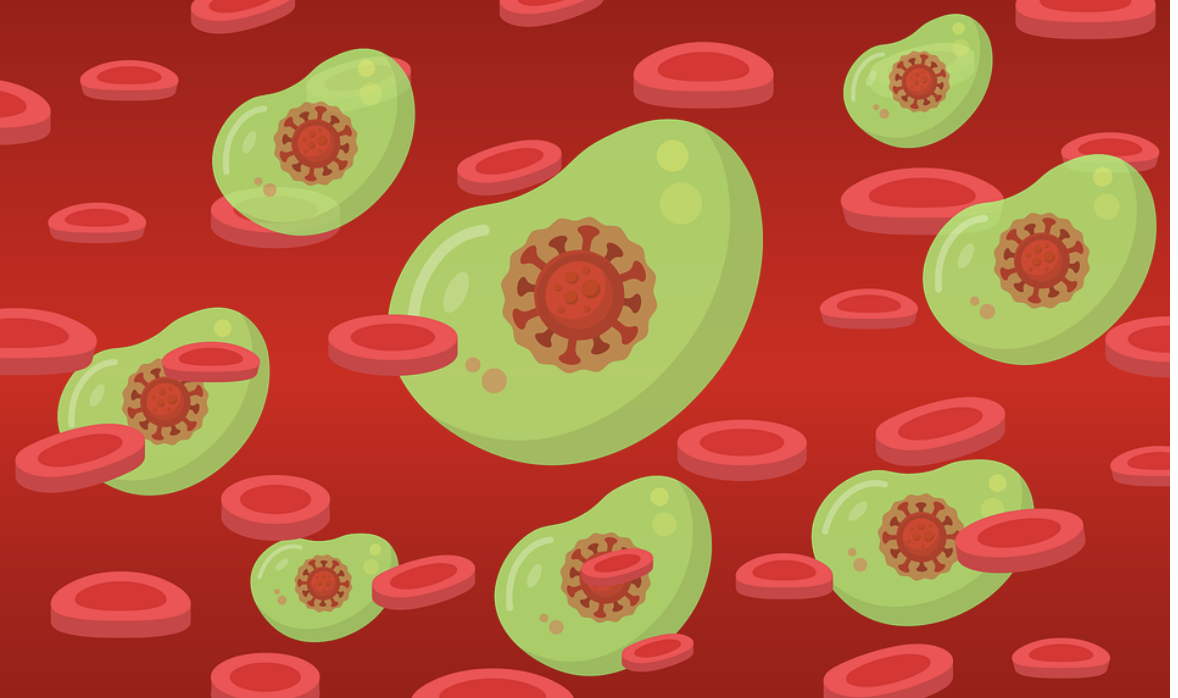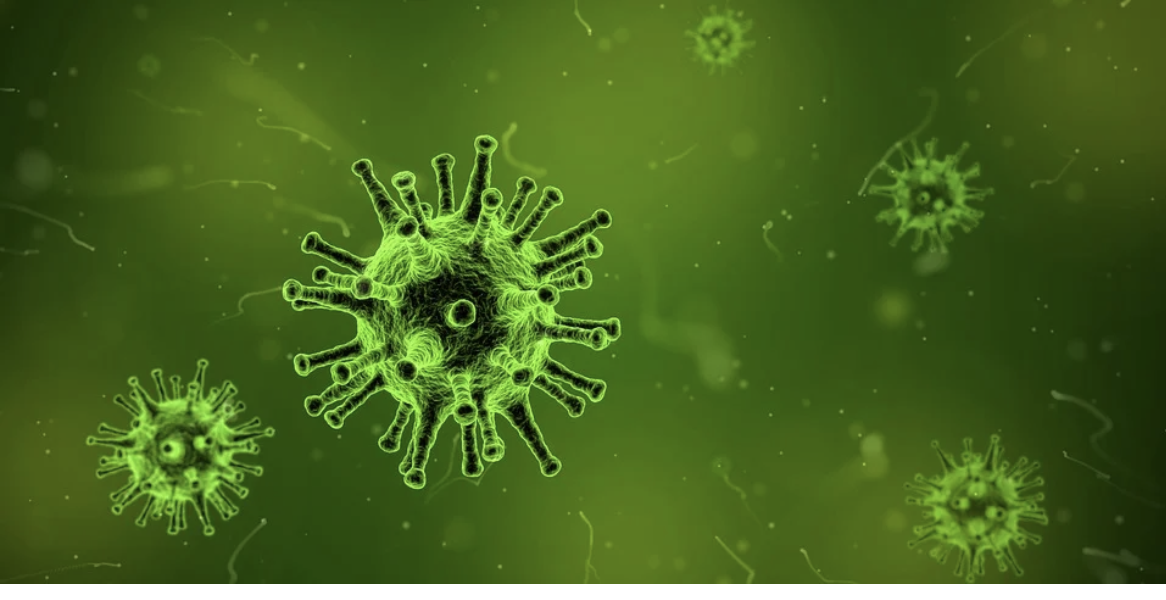Natural and synthetic antibodies: Know the difference

An antibody is a protein component of the immune system circulating in the blood to neutralize any foreign substances such as viruses and bacteria. After exposure to antigens, they remain in the blood to safeguard against future attacks from the same antigen. The antigenic exposure in your body will help explain if the antibody is natural or synthetic. Antibodies play a significant role in treating and preventing diseases, which explains why scientists are interested in understanding their role in Covid-19.
Antibodies are indispensable components for researchers because of their various applications in medicine and biomedical research. Biotechnology advancement has made antibody production on a large scale possible. This article highlights the significant differences between natural antibodies and synthetic antibodies and how they work.
How Antibodies Work


When antigens enter the body, the immune system identifies them as foreign substances because molecules on their surface differ from those in the body. To eliminate the attackers, the immune system calls on a number of mechanisms that include the production of antibodies by the specialized white blood cells known as B lymphocytes (or B cells.)
The antigens bind into the B-cell surface, stimulating the B cells to multi-divide and mature into a clone group. The mature B cells (Plasma cells) secrete antibodies into the bloodstream and lymphatic system. Antibodies circulate in the body as they neutralize the antigens identical to those that trigger the immune response. They attack by binding themselves to the antigens.
For example, by binding to the toxins, antibodies neutralize the poison by changing its chemical composition; such antibodies are antitoxins. Other antibodies render antigens immobile or block them from penetrating the body cells by attaching themselves to the invaders. In some instances, the antibody-coated antigen becomes subject to a chemical chain reaction with complement. The complement reaction can either trigger lysis of the invading antigens or attract microbe-killing scavenger cells that ingest, or phagocytose, the attackers.
The production of antibodies continues for several days until all the invaders are destroyed. And they remain in circulation for months providing an extended immunity against those particular antigens.
Natural Antibodies
Natural antibodies are available in non-immunized organisms from birth and present the first line of the organism’s defense before the development of immunity generated through the stimulation of elements that determine specific and nonspecific immunity. This is especially essential for infants. Natural antibodies contrast immune antibodies, which are produced in response to foreign substances into the immune system.
They are often directed to intracellular structures as opposed to cell-surface antigens. Also, they are known to play an innate-like role in the fight against infectious agents and apply homeostatic functions in various experimental models. Other studies seem to suggest natural antibodies also play a pathogenic role in autoinflammatory diseases.
In contrast to synthetic antibodies, mainly IgG and monoreactive, a significant proportion of natural antibodies are IgM and polyreactive, meaning they bind many unrelated antigens with different affinities. The vast majority of these antibodies are produced by B cells, the predominant lymphocytes in the neonatal cell repertoire.
Synthetic Antibody Libraries
Synthetic antibody libraries are developed using designed synthetic DNA that enables highly optimized human frameworks and introduces defined chemical diversity to prevent highly likely to recognize antigens. Using a simple design based on a single human framework that restricts diversity to four complementarity-determining positions and two amino acids(tyrosine and serine), synthetic antibody libraries can create particular antibodies against various protein antigens.
Moreover, a more complex synthetic antibody library can be developed to produce antibodies with high affinities and specificities beyond natural antibodies capacity. These libraries can be performed in any molecular biology lab because they rely entirely on standard methods, equipment, and supplies.
Synthetic Antibody May Prevent Covid-19


Researchers have screened hundreds of synthetic antibodies and identified one that may help prevent the new coronavirus from infecting human cells. The SARS-CoV-2 has spike proteins on its surface that give it the characteristic appearance and help in infecting cells. With the aid of the three finger-like projections, known as the receptor-binding domains, these proteins bind to the surface protein ACE2 on human cells.
When SARS-CoV-2 binds with ACE2, the virus, and host cell membranes meld, allowing the virus to penetrate and infect human cells. Therefore, if antibodies can prevent the spike proteins from binding with the host cells, they can avert SARS-CoV-2 infection.
The researchers found that some synthetic antibodies, especially Sybody 23, proved highly effective in blocking the binding process between ACE2 and the spike proteins. The studies have shown that the finger-like spike proteins bind to the ACE2 either “up” or “down” when hiding from the immune system. They use both these states to effectively block areas where the binding process usually occurs in ACE2 cells.
Conclusion
Antibodies help your body eliminate infections. They come into action when your body is attacked by diseases and remain in circulation to ensure the body is protected from future invasion from the same antigens. Vaccines provide another way to fight off infections by triggering the body to produce antibodies against a specific antigen. Hence, they are safe and effective in protecting yourself against infectious diseases such as Covid-19. Covid-19 vaccines are now available for 12 years and above, although Pfizer is currently seeking clearance for children aged between 5 years and 11 years.
ibodies: Know The Difference





